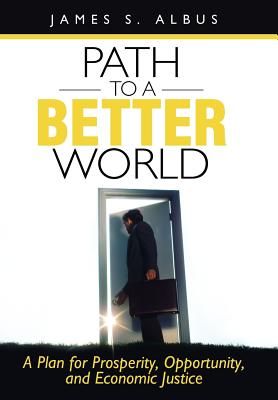Home
The Way of Abundance: Economic Justice Scripture and Society
Loading Inventory...
Barnes and Noble
The Way of Abundance: Economic Justice Scripture and Society
Current price: $34.00


Barnes and Noble
The Way of Abundance: Economic Justice Scripture and Society
Current price: $34.00
Loading Inventory...
Size: Paperback
*Product Information may vary - to confirm product availability, pricing, and additional information please contact Barnes and Noble
Justice, even divine justice, is concrete. It addresses flesh-and-blood persons and the systems, structures, and conditions under which they live. God's vision of abundant human living is not restricted to the spiritual realm but extends even to our material circumstances. But in today's complex economy, what specific changes to public policies and institutions could lead to a just economy?
In
The Way of Abundance
, economist and minister Edith Rasell examines Old and New Testament teachings on economic justice in the context of the ancient economic systems and circumstances they addressed. Drawing on the biblical narrative and on research from the social sciences, Rasell examines three erasthe ancient Israelites' settlements in Canaan, the time of the monarchies, and first-century Palestineand describes the transition from a non-monetized, subsistence-based economy to a commercial one with wage labor, product markets, and a surplus that benefited a tiny elite. But across this vast expanse of time and economic transition, the Bible called for a just economy. And its vision of economic justice can be a vision for justice seekers today. The book concludes with specific public policy proposals and personal practices that would move contemporary society closer to the Bible's economic vision.
In
The Way of Abundance
, economist and minister Edith Rasell examines Old and New Testament teachings on economic justice in the context of the ancient economic systems and circumstances they addressed. Drawing on the biblical narrative and on research from the social sciences, Rasell examines three erasthe ancient Israelites' settlements in Canaan, the time of the monarchies, and first-century Palestineand describes the transition from a non-monetized, subsistence-based economy to a commercial one with wage labor, product markets, and a surplus that benefited a tiny elite. But across this vast expanse of time and economic transition, the Bible called for a just economy. And its vision of economic justice can be a vision for justice seekers today. The book concludes with specific public policy proposals and personal practices that would move contemporary society closer to the Bible's economic vision.


















